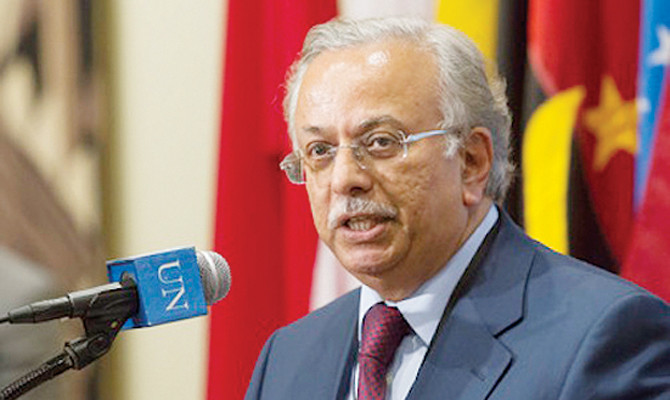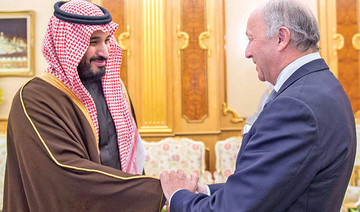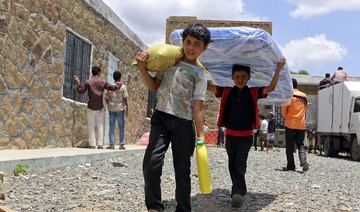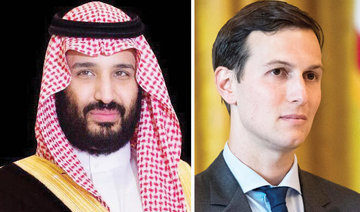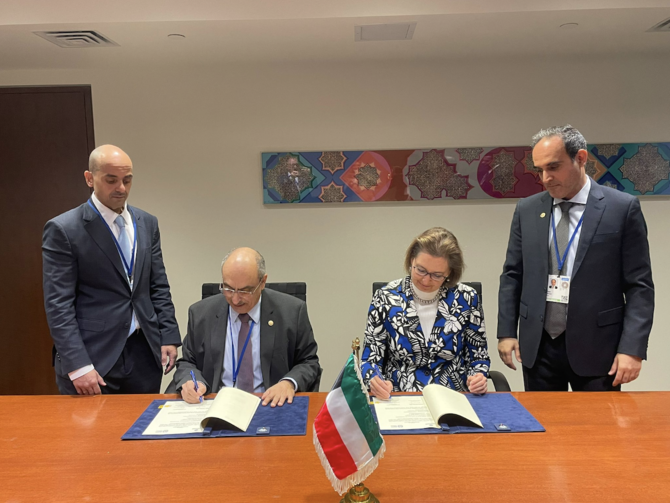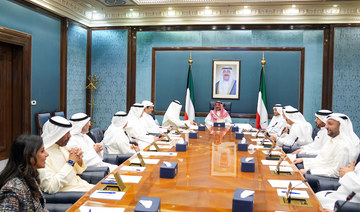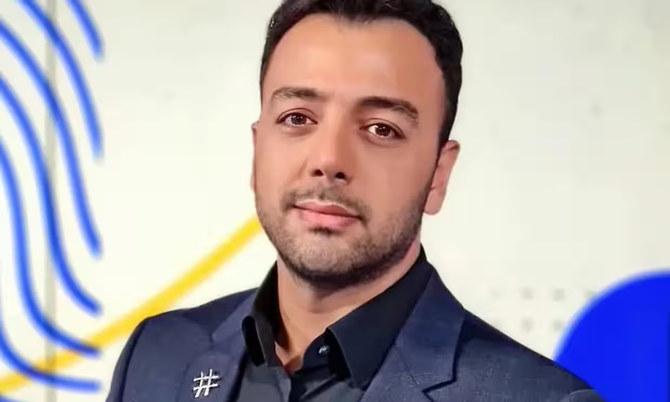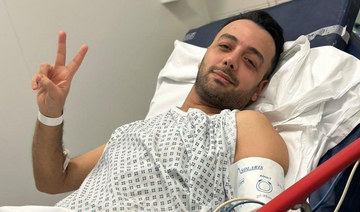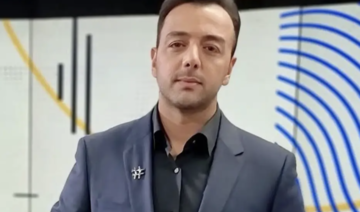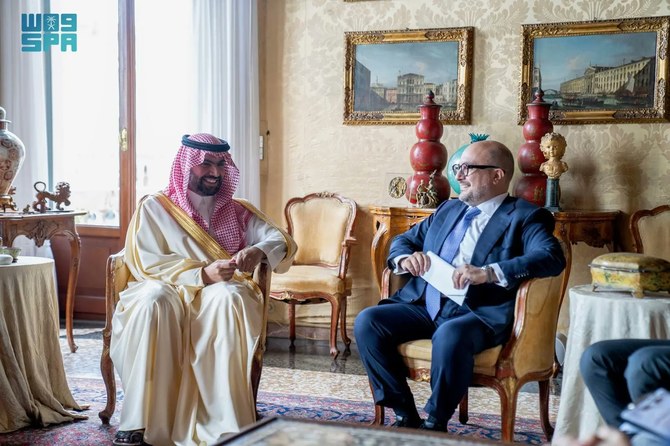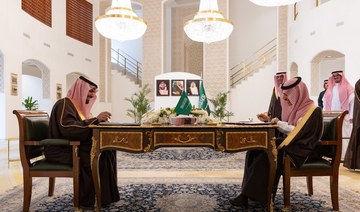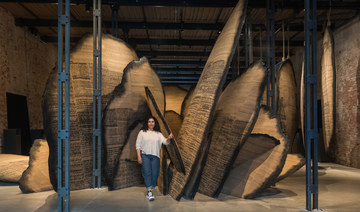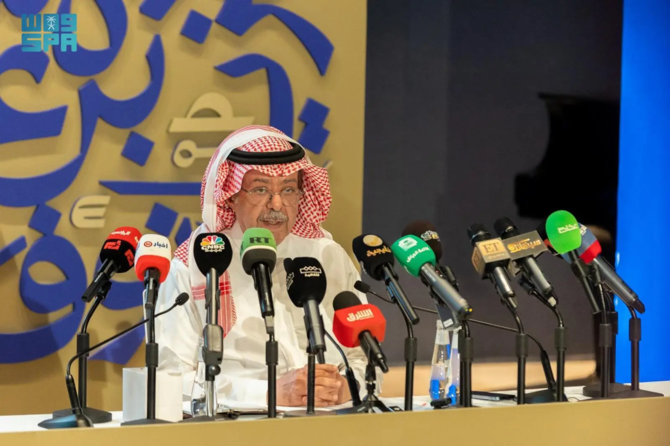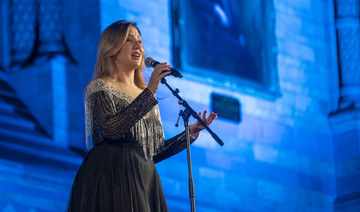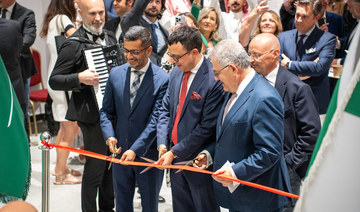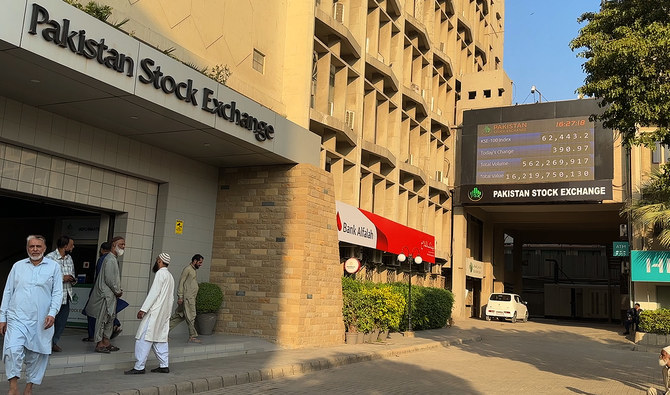JEDDAH: Saudi Arabia affirmed its commitment to the principles of peace-building and its emphasis on justice in its international dealings and efforts to resolve conflicts peacefully.
The statement at a peace-building and peace-keeping event on Thursday at the UN General Assembly in New York was delivered by Saudi Arabia’s Permanent Ambassador to the UN Abdallah Al-Mouallimi.
“My country is committed to fundamental principles that are at the forefront of the task of building and maintaining peace. My country asserts that the basic pillar of peace-building and maintaining peace is achieving justice. Without justice, peace cannot flourish, even if periods of non-violence prevailed,” Al-Mouallimi said.
He added: “The first example of peace that is still out of reach because of the lack of justice is the Palestinian cause, where the Palestinian people have been under occupation for decades without any hope that these people will be able to obtain their legitimate rights to establish their independent state on the borders of the fourth of June 1967 with its capital Al-Quds Al-Sharif.
“My country has always endeavored to resolve disputes peacefully, and in this regard has made the initiative one after the other. In the Palestinian cause, my country has advanced the Arab peace initiative adopted by the Arab states at the Arab Summit in Beirut in 2002. On the Yemeni issue, my country led the peace process of the Gulf Cooperation Council (GCC) initiative, which led to a peaceful transition to power before the Houthi rebels, backed by Iran, seized power.
“In Syria, my country united the opposition in preparation for serious negotiations with the Syrian government to implement the Geneva 1 statement and Security Council Resolution 2254, and in Afghanistan, Libya, Somalia, Iraq and elsewhere, my country has raised the banner of peace and harmony among brothers and has worked to bring the various parties closer together.
“My country has also promoted a culture of dialogue, mutual understanding and tolerance internally and externally. It has established national and international centers such as the King Abdul Aziz Center for National Dialogue (KACND), the Global Center for Combating Extremist Ideology (GCCEI), King Abdullah bin Abdul Aziz International Center for Interreligious and Intercultural Dialogue (KAICIID), the UN Counter-Terrorism Center (UNCCT), and others.”
Al-Mouallimi said: “We emphasize the need for the UN to play a more active role in building peace and consolidating its foundations by promoting sustainable development, especially in developing countries, and by working closely with regional and subregional organizations and supporting their abilities to achieve peace and avoid conflicts.”
He added: “We hope that your meeting will adopt a work program that includes these elements and emphasizes achieving justice and development, which are the cornerstones of international security and peace.”



